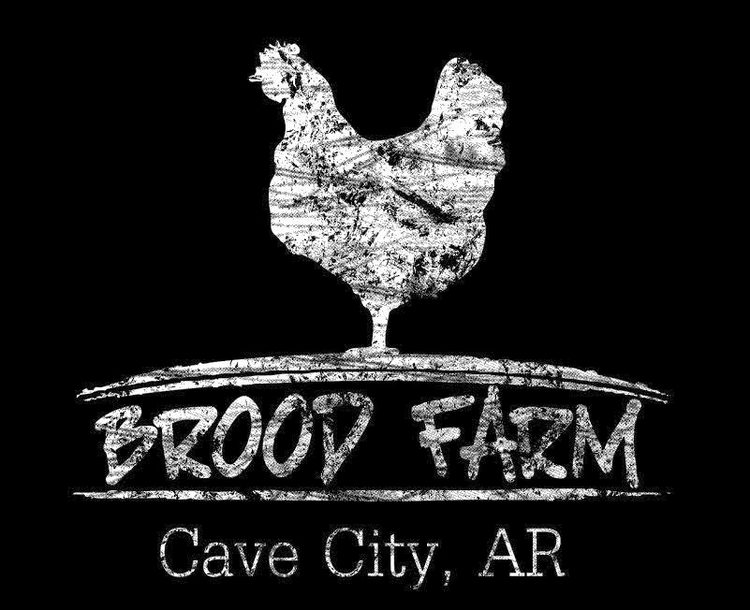The Evironmental Working Group has released two lists that can be very helpful for us food shoppers.
First, the Dirty Dozen Plus (the last two are new to the list this year ;)
This is a list of the fruits and veggies that typically have the most pesticide residues and are most important to buy organic.
If you're looking at this list and thinking, "that's pretty much my entire shopping list for the produce section!" -- join the crowd! Here locally, we don't have as many organic options as those in bigger cities, but this list can still inform our eating. If we're buying from a non-organic farmer's market, we can ask the growers what types of pesticides they use. A lot of times, local farmers are growing plants from non-organic seeds using organic methods. Or, they've just not gone through the process of getting certified organic and thus can't advertise their produce as such.
Or, when planning your own backyard organic garden, be sure to include as many of the items from the above list as possible to cut down on the pesticides you're bringing to the table.
The second list, the Clean 15, lists those fruits and veggies that are typically lowest in pesticides.
Not only are organics had to find around here, they are also expensive as compared to the non-organic varieties. Use the list above to decided when to skip the organic label and save a little moolah without stocking up on pesticides in the process.
For the original article that informed this post, check out http://www.ewg.org/foodnews/summary/
First, the Dirty Dozen Plus (the last two are new to the list this year ;)
This is a list of the fruits and veggies that typically have the most pesticide residues and are most important to buy organic.
1. Apples
2. Celery
3. Sweet bell peppers (all colors other than green)
4. Peaches
5. Strawberries
6. Nectarines (imported)
7. Grapes
8. Spinach
9. Lettuce
10. Cucumbers
11. Blueberries (domestic)
12. Potatoes
13. Green Beans
14. Kale / Collard Greens
Or, when planning your own backyard organic garden, be sure to include as many of the items from the above list as possible to cut down on the pesticides you're bringing to the table.
The second list, the Clean 15, lists those fruits and veggies that are typically lowest in pesticides.
1. Onions
2. Sweet Corn
3. Pineapples
4. Avocado
5. Cabbage
6. Sweat peas
7. Asparagus
8. Mangoes
9. Eggplant
10. Kiwi
11. Cantaloupe (domestic)
12. Sweet potatoes
13. Grapefruit
14. Watermelon
15. Mushrooms
Not only are organics had to find around here, they are also expensive as compared to the non-organic varieties. Use the list above to decided when to skip the organic label and save a little moolah without stocking up on pesticides in the process.
For the original article that informed this post, check out http://www.ewg.org/foodnews/summary/
